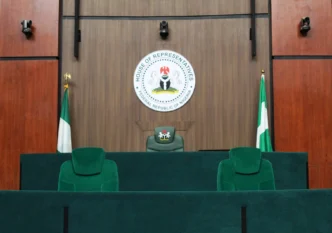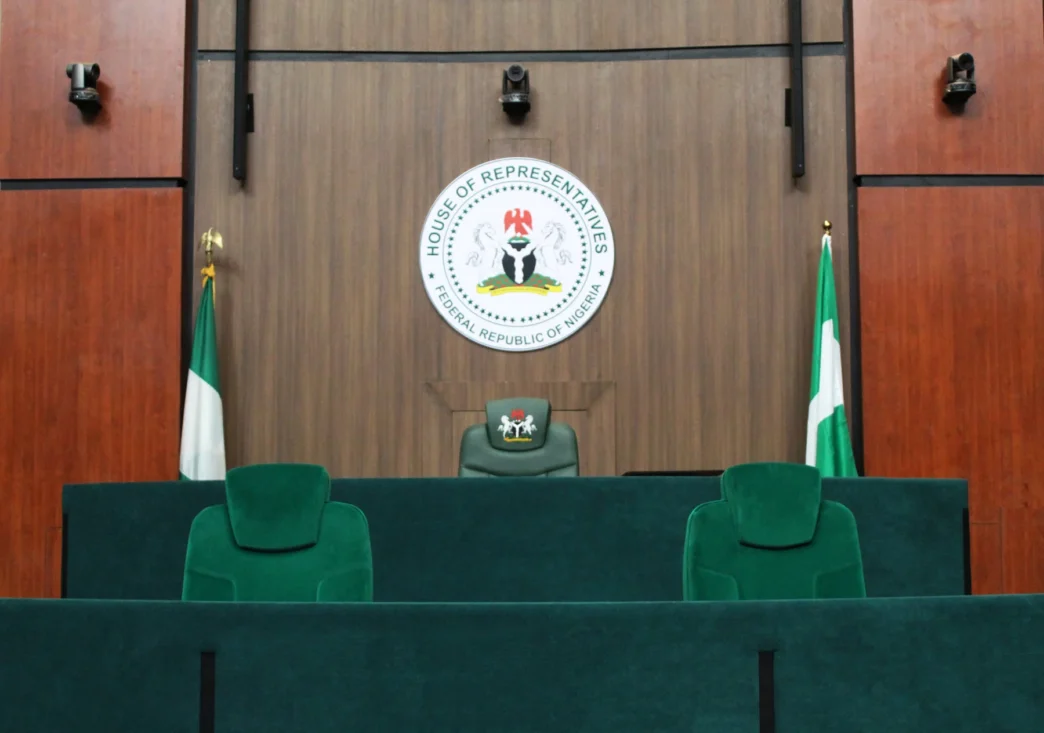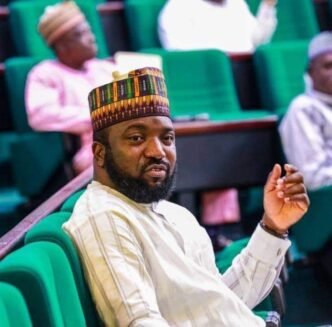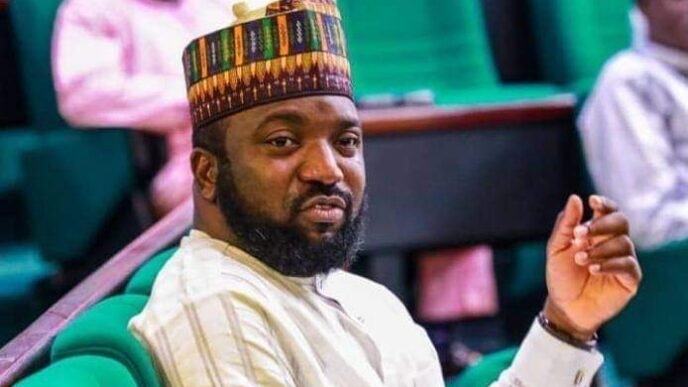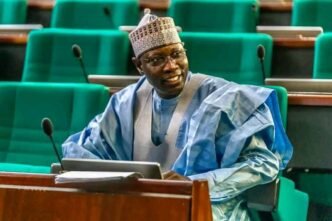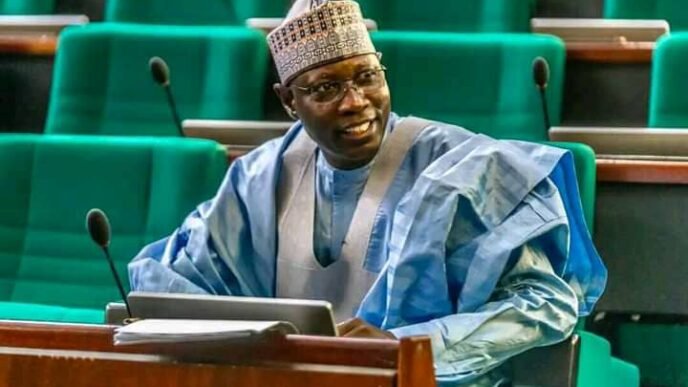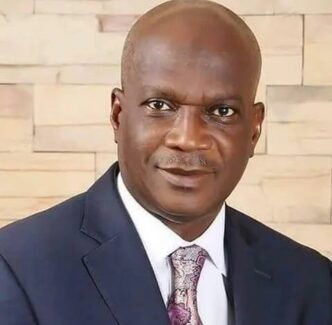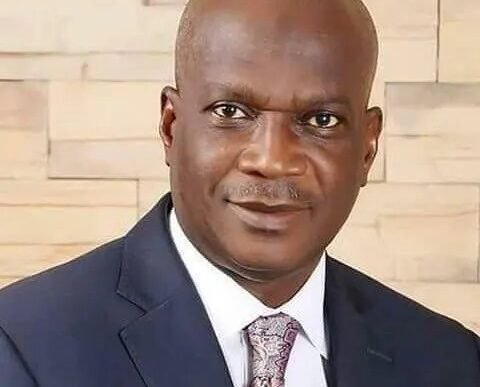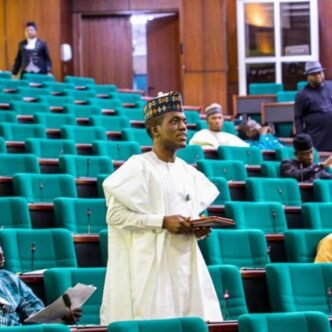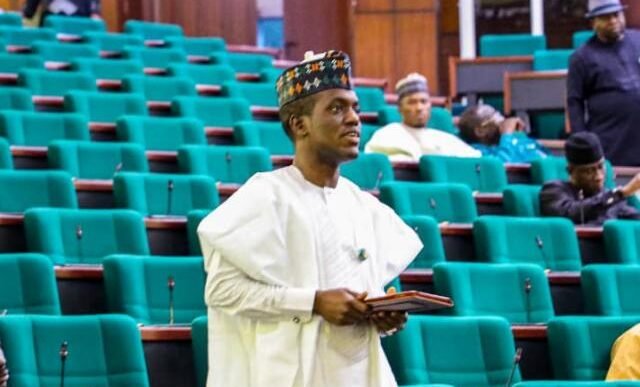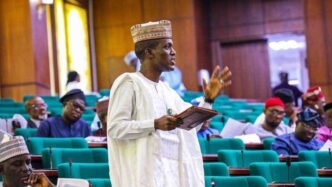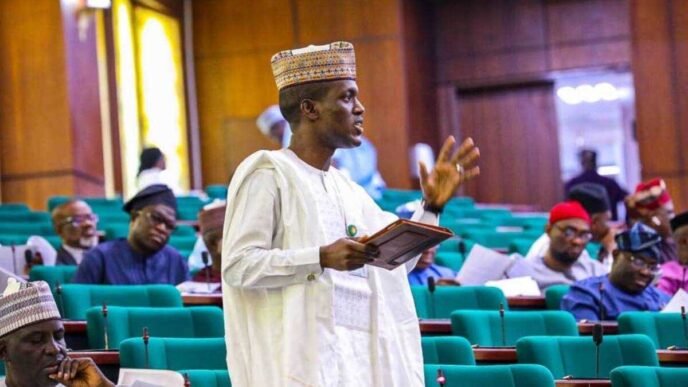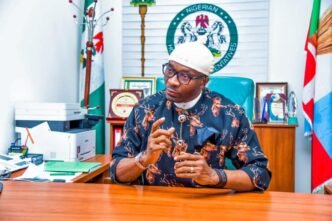HB: 204
A BILL FOR AN ACT TO ALTER THE CONSTITUTION OF THE FEDERAL REPUBLIC OFNIGERIA, 1999 (WITH ALTERATIONS) IN ORDER TO GRANT TO THE TWO CHAMBERS OF THE NATIONAL ASSEMBLY AND STATES’ HOUSES OF ASSEMBLY, POWERS TO SUMMON THE PRESIDENT OF THE FEDERAL REPUBLIC OF NIGERIA AND GOVERNORS OF STATES RESPECTIVELY, TO ANSWER QUESTIONS ON ISSUES OF NATIONAL SECURITY OR ANY MATTER WHATSOEVER, OVER WHICH THE NATIONAL 28 ASSEMBLY AND STATES’ HOUSES OF ASSEMBLY, HAVE POWERS TO MAKE LAWS AND FOR RELATED MATTERS. Bill progress, committee stage.
This Bill seeks to alter Sections 67(3) and 107 (3) Constitution in order to grant to the two Chambers of the National Assembly and States’ Houses of Assembly, powers to summon the President of the Federal Republic of Nigeria and Governors of States respectively, to answer questions on issues of national security or any matter whatsoever, over which the National Assembly and States’ Houses of Assembly, have powers to make laws.
A new bill, House Bill 204 (HB: 204), has been introduced in Nigeria’s National Assembly, seeking to amend Sections 67(3) and 107(3) of the Constitution of the Federal Republic of Nigeria, 1999. The proposed changes aim to empower the Senate and House of Representatives, as well as State Houses of Assembly, to summon both the President of Nigeria and state governors.
The primary objective of this amendment is to provide a clear constitutional foundation for the legislature to call upon executive leaders to answer questions on critical issues, particularly matters of national security. Additionally, the bill would allow the legislative bodies to address any topics over which they have the authority to legislate. This move underscores a commitment to strengthening the oversight functions of the legislature.
Currently, the extent of the legislature’s power to compel the appearance of the President or state governors has been a contentious issue, with ongoing debates regarding its interpretation. By clarifying this power, HB: 204 could significantly enhance the checks and balances inherent in Nigeria’s democratic system. Lawmakers believe that having the ability to directly question these executive officials on pressing national and state concerns will bolster legislative accountability.
If enacted, this bill would usher in a crucial transformation in the interplay between Nigeria’s legislative and executive branches, potentially leading to a more accountable government. Proponents argue that facilitating direct communication between the legislature and top executive officials will encourage transparency and responsiveness in governance, ultimately serving the best interests of the Nigerian populace.
As discussions around HB: 204 progress, it remains essential for stakeholders to consider the broader implications of empowering the legislature in this manner, emphasizing the need for an effective balance between the various branches of government.
